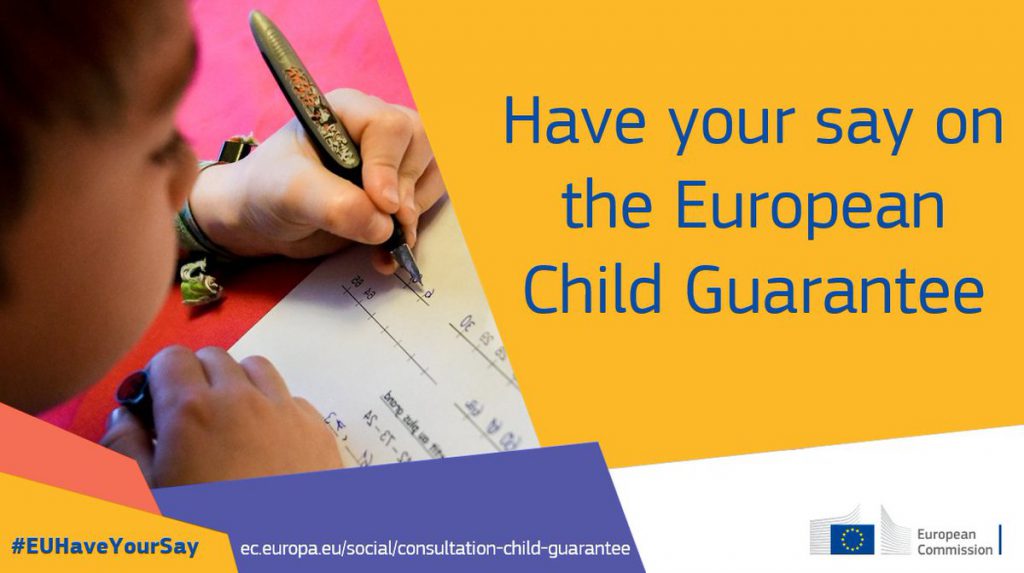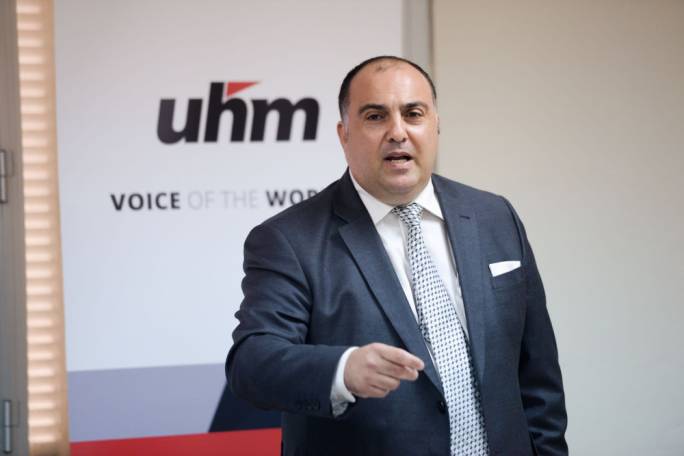Archive for Issue 3
EU must step up measures to tackle medicine shortages
In a report on the shortage of medicines, adopted by 79 votes to 1 and 0 abstentions, the Environment, Public Health and Food Safety Committee recently addressed the root causes of medicines…
New Child Guarantee – Have your say
In the European Union, close to one in four children remain at risk of poverty and social exclusion. This means that not all children in the EU have access to services…
Our country needs to be credible again
“Actions need to be taken to restrore the country’s credibility”. Josef Vella, Chief Executive Officer of UHM Voice of theWorkers stated this when he was one of three guests during…
Mental health cannot be ignored
It feels as if the country’s mental wellbeing has been ignored throughout the pandemic. The public has experienced a traumatic event this year with little time to process it, whilst often enduring financial insecurity and hardship. Several adults are indeed struggling with depression. Young adults, women, key workers, the disabled and other vulnerable persons are among those being affected, as well as, those unable to meet unexpected costs. Also, low-income families are experiencing mental or physical health problems because of Coronavirus as they struggle to pay for food and utilities. Helping these people in the coming months will require substantial investiment in mental health services, services that according to Nationalist MP Mario Galea have been “butchered”. Moreover, if we are to tackle a mental health crisis, we must look at the bigger picture which includes insecurity, low-paid work, discrimination, isolation, changes in routine, overeating and drinking. We too often speak about mental health as if it is disconnected from the material conditions in which we live. However, our jobs, homes and health are linked to our mental wellbeing. If you’re a mother struggling to hold down a job while expected to do home schooling, it is easy to feel depressed. If you are a worker who has lost his job and is facing eviction, it is natural to be anxious. These conditions have been exacerbated by the pandemic. As the resurgence of the virus in Malta carries on, the negative impact on people’s mental health looks set to magnify. Furthermore, it transpires that mental health support has been reduced to rhetoric. To truly address this public health issue would require funding for all aspects of society: from tackling the isolation of vulnerable people to addressing the precarious and unequal labour market that means many families are unable to pay their bills. Prioritising mental health puts the wellbeing of people above profits. It establishes housing, food and healthcare as basic rights. Most of all, it demands genuine and substantial investiment for mental health services, not just empty words. As this country entered the second wave, and as the pandemic continues to affect people’s lives, the nation’s wellbeing is going to become ever more pressing. Government must do what is actually necessary to address Malta’s mental health crisis. It must take the bull by the horns and make the changes that enable people to have better lives.




